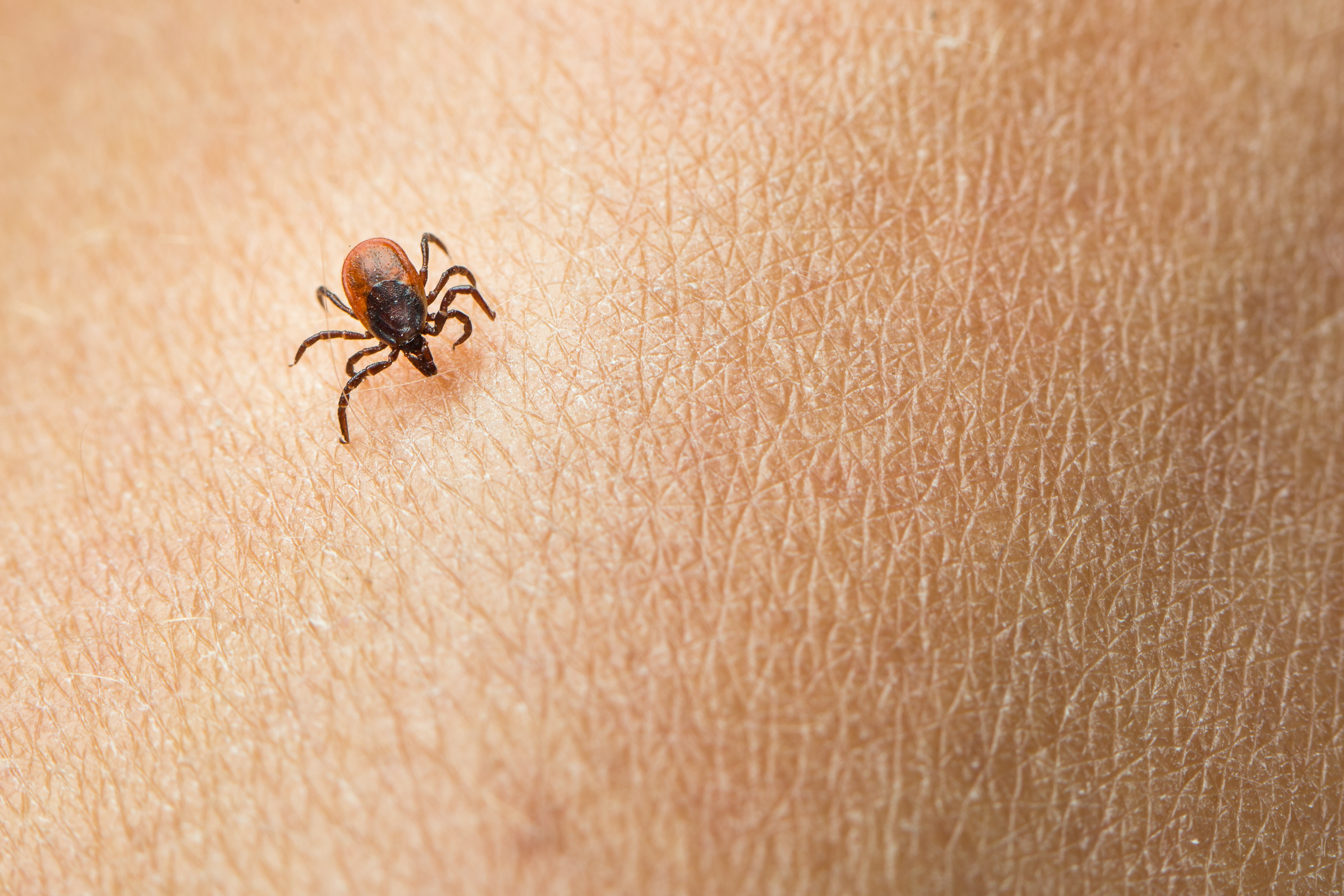
The Northeastern University College of Science announced that the novel antibiotic therapy hygromycin A has advanced to human safety trials to determine its potential as a future treatment for Lyme disease. Researchers explained that standard therapy for Lyme disease often involves doxycycline and amoxicillin; however, up to 10% of patients experience persistent symptoms following treatment. Hygromycin A was designed to target spirochetes bacteria such as Borrelia burgdorferi and may be capable of eliminating residual pathogens that lead to chronic Lyme disease without diminishing microbiome diversity. The novel drug’s progress has come after the researchers reported positive safety findings in preclinical models and discovered that hygromycin A was effective at clearing Lyme disease–causing bacteria in mouse models. The researchers revealed that the new trials are expected to commence in Australia in the spring and will conclude in the fall of 2024. If the drug passes its toxicity screenings, it will advance to phase II trials to determine effective dosing. “Hopefully, the results will be positive,” concluded Kim Lewis, PhD, Distinguished Professor of Biology at the Northeastern University College of Science.